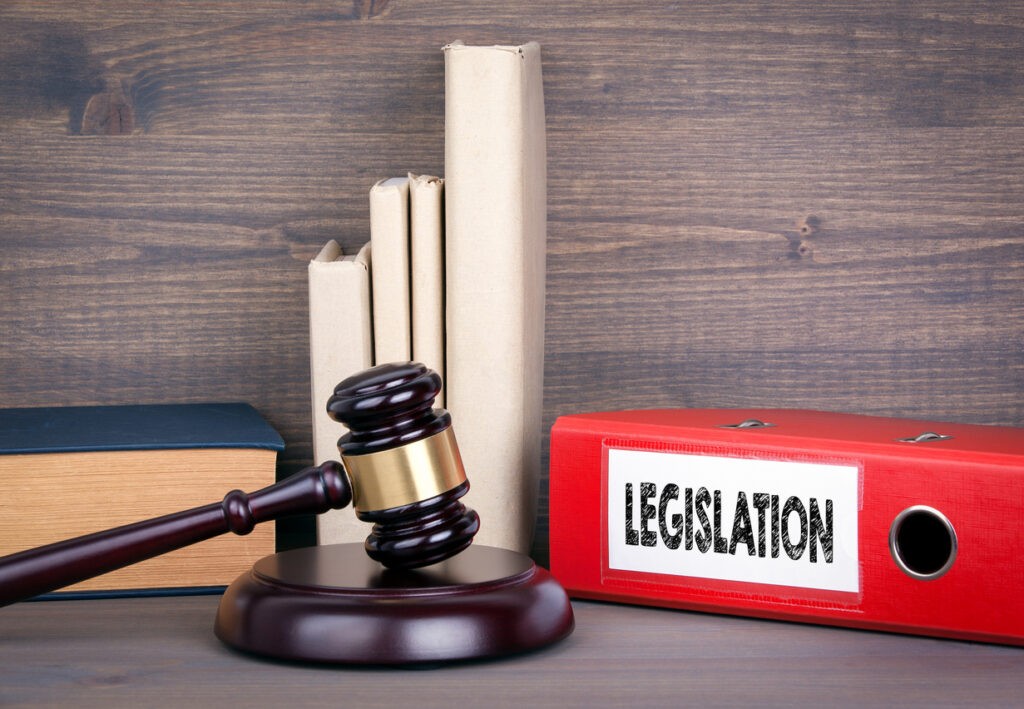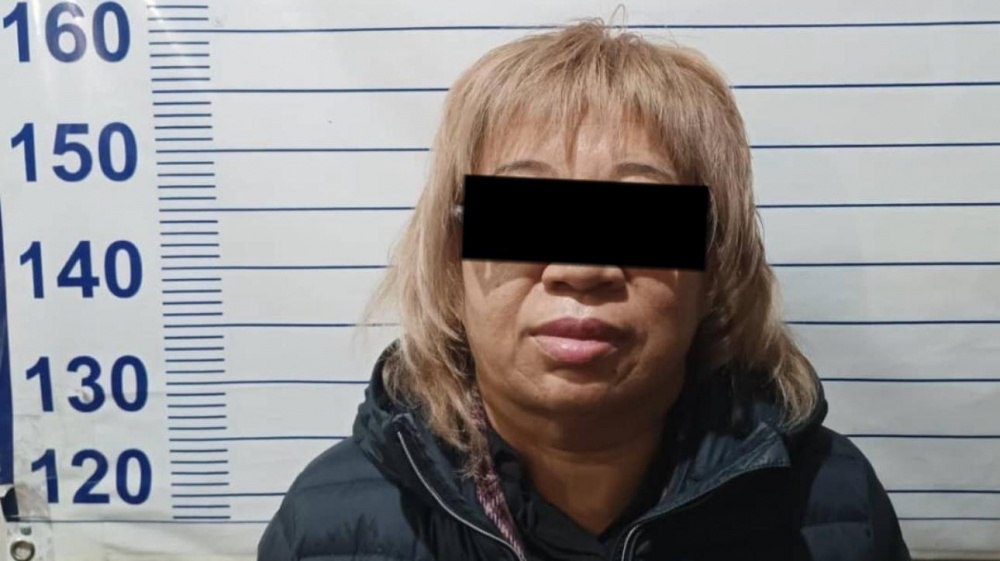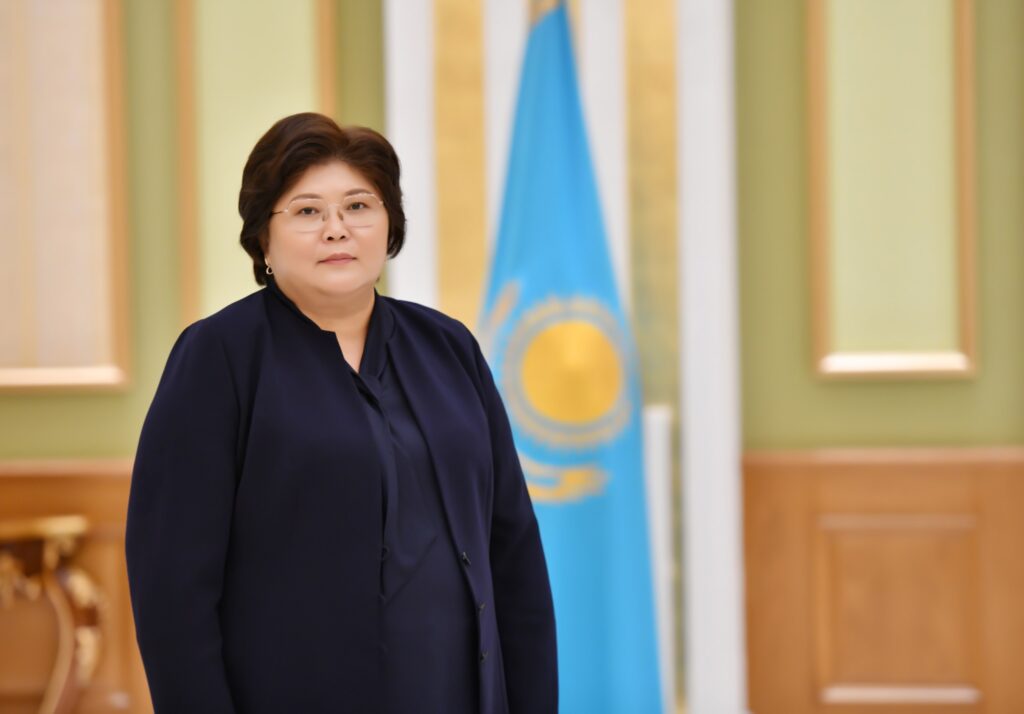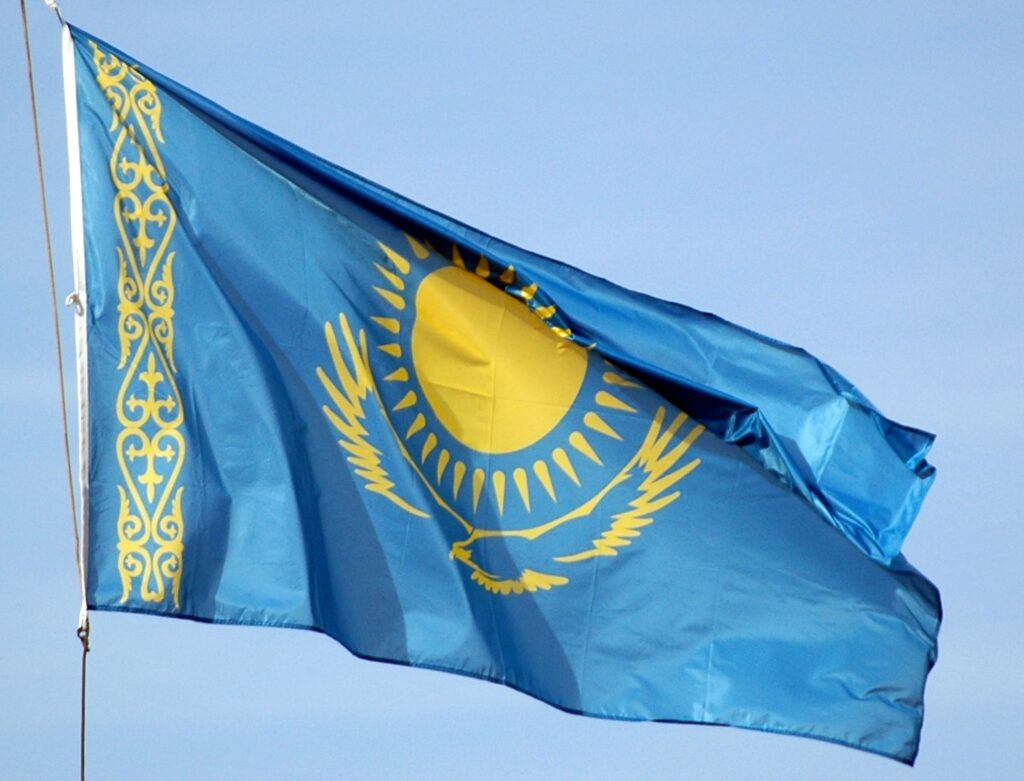BISHKEK (TCA) — As an initiative to hold a nationwide referendum to pass new constitutional amendments was announced in Kyrgyzstan late last week, we are republishing this article by Anna Lelik, originally published by EurasiaNet.org:
With the presidential election coming into view in Kyrgyzstan, parliament is bracing to effect new changes to the constitution — the eighth round of amendments since the country earned independence.
Speculation about possible tinkering with the founding law has been brewing since 2014. President Almazbek Atambayev stoked talk of imminent action at an end-of-year press conference in December, when he argued constitutional changes were necessary to successfully implement judicial reform.
“Sooner or later, the amendments are needed. If we want normal courts, we will have to change the constitution. Of course, the essence of it cannot be changed, we have to follow the path we chose,” Atambayev said.
Atambayev has repeatedly stated he has no plans to change the constitution to remain in power or become the prime minister after his term ends in 2017, so that remains off the table for now.
The latest constitutional initiative has ostensibly been spearheaded by members of parliament, who insist the consideration of their package of changes should be considered this fall. The MPs come from four parliamentary factions: the Atambayev-linked Social Democratic Party (SDPK), the Kyrgyzstan Party, Onuguu-Progress and the Respublika-Ata Jurt opposition party.
There are about 30 amendments in play touching on areas including human rights and the authority of parliament, the judiciary, the president and the prime minister.
One proposal envisions introduction of a raft of mandatory “supreme state values” that would encompass individual human rights but also tag on vague and decidedly non-legalistic concepts like “love of the Motherland,” “respect for the elderly” and “the accommodation of tradition and progress.” There is also a suggestion to revamp the concept of the family to change from the non-gender specific “union of two people” to “a union between a man and a woman.”
The country’s leadership is fighting a cultural battle on two fronts here. On the one hand, it is trying to tap into a mounting mood of conservatism taking hold in the country, while at the same time resisting a drift toward an embrace of ultra-orthodox Islam, which officials fret might lay the grounds for a surge of radical sentiments.
One article of the constitution slated for removal is the one that enabled jailed rights activist Azimjan Askarov’s recent hearing before the Supreme Court. That hearing, which culminated in a decision to hold a further review on the case, was held at the behest of the UN Human Rights Commission. Changes proposed by MPs would see the deletion of Article 41, which obliges Kyrgyzstan to rehabilitate or provide reparation to individuals who have been found by international human rights bodies to have been subject to rights violations.
The fate of the ongoing Kumtor saga has also been considered. Under the proposed changes, the statute of limitations would not apply with respect to people found guilty of misconduct during the decision-making process on the concession for the gold mine.
And there are inevitably a series of specifically political amendments. One envisions strengthening the executive arm of government. Under the re-tooled constitution, at least half the MPs in parliament would need to vote in favor or removing the General Prosecutor, instead of one-third as currently.
If a member of parliament is appointed prime minister, he or she will be allowed to retain their parliamentary mandate and vote at plenary sessions. If dismissed, the prime minister can then return to the chamber.
One contentious area affecting the judiciary states that judges will be obliged to relinquish their right to private telephone, electronic or postal correspondence while in office.
The last round of major constitutional reforms took place in June 2010 — two months after the overthrow of President Kurmanbek Bakiyev and only two weeks following deadly ethnic clashes in the south. Those changes were intended to usher in a more mixed form of government and give parliament more powers and reduce the authority of the president. The amendments, which were designed to phase out the rampant corruption and abuse of power prevailing under Bakiyev, has changed little in real terms, however, since Atambayev remains the undisputed top authority in the country.
Those reforms included a provision prohibiting new amendments being made to the constitution before September 2020, but the fretting seen among MPs proposing the changes suggest this will be overlooked.









